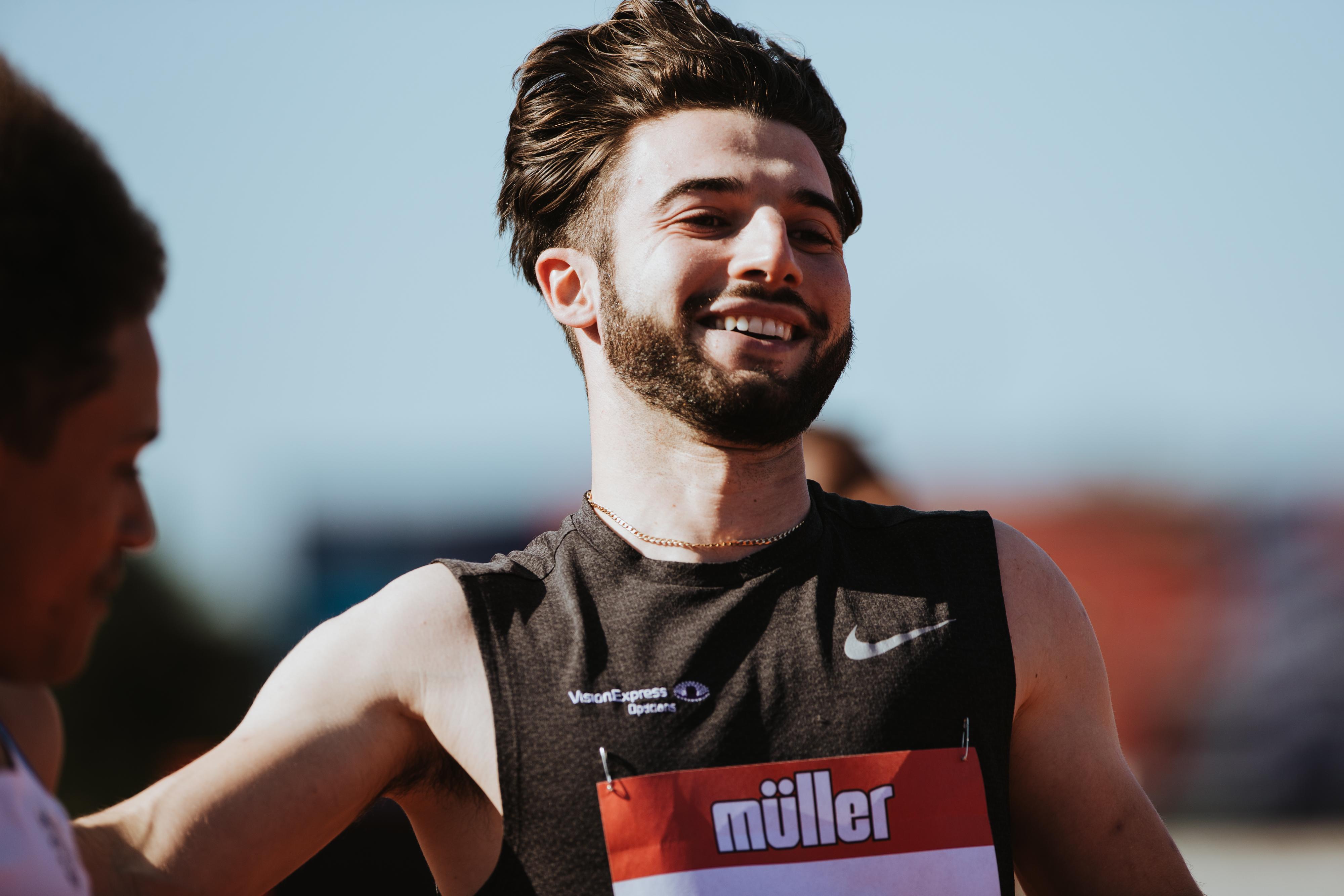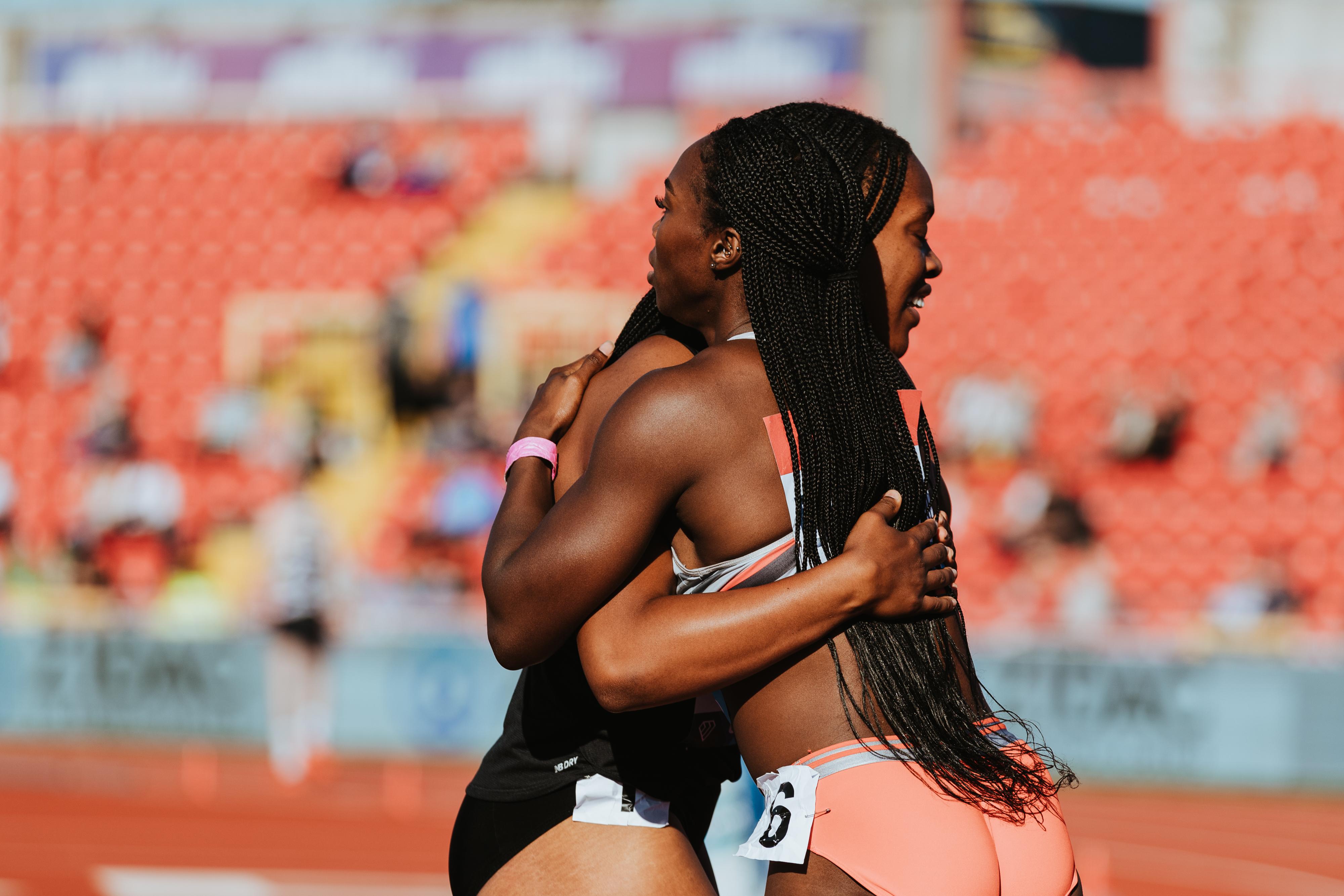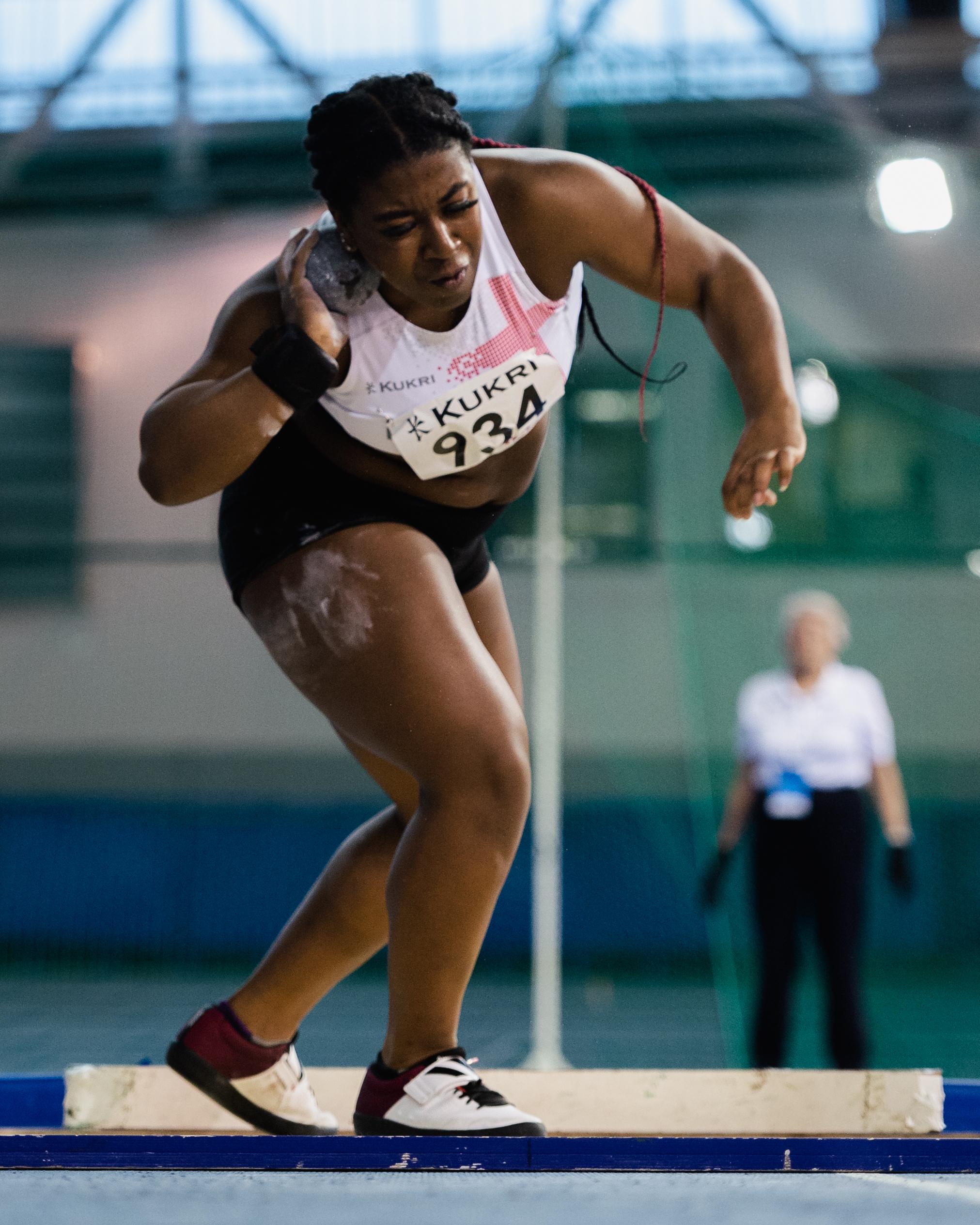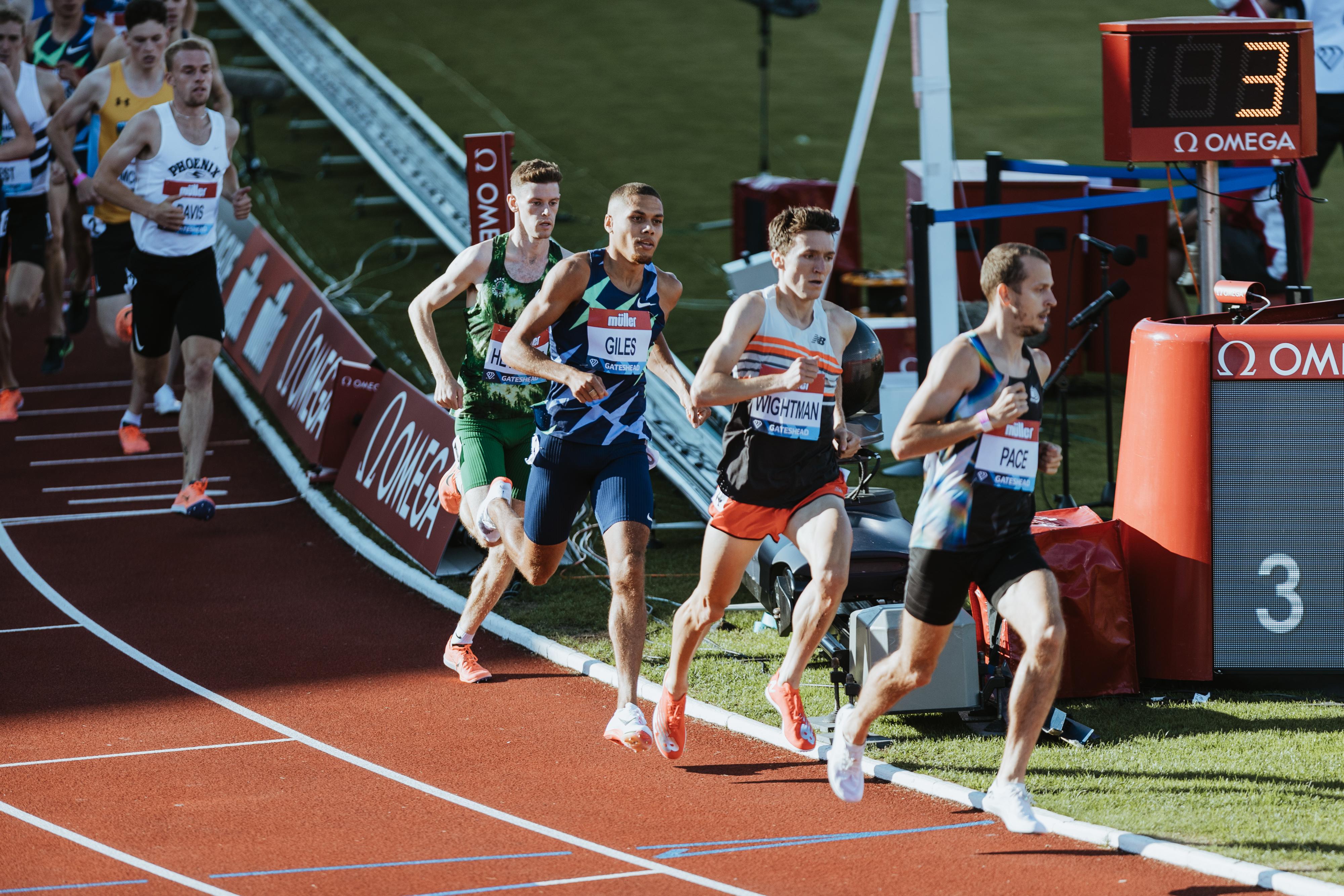
It’s easy to assume our athlete’s success is solely down to them and their coach. Wrong!
Parents, too, can significantly impact an athlete's performance. They just need to know what to do and when. So, if you've been watching from the sidelines, willing your athlete to that win, time, height, or distance and wishing you could help, read on...
Why It Matters What We Do
Improved performance isn’t just down to the time they spend training and competing, which, during the school years, probably only amounts to between 6 and 12 hours each week. The remaining 160 or so hours also matter, with most of this time spent in the home/family environment that YOU control. So, with some knowledge and the desire to help, you can make subtle changes that can make a real difference.
For all kids, a healthy, well-balanced diet, adequate sleep, a home life that actively encourages movement and physical activity, and positive parent-child communication are the keystones to good physical and mental health. In short, the home/family life we provide can determine who they become. But what if the child also happens to be keenly pursuing a sport?
For sport-obsessed kids, each of these areas takes on a whole new level of importance, as physical and psychological health are key factors determining the likelihood of success. As we control, to a large extent, the factors that determine both, it's easy to see that our role can be an immensely important one.

Areas We Can Influence
To help give your athlete the best chance of success, we've compiled a short list of key areas where you can play your part.
For physical health:
-
Nutrition
-
Sleep
For psychological health:
-
Confidence-boosting communication.
-
Instilling a growth mindset.
-
How you approach their success.
Influencing Teenage Athlete Nutrition
Nutrition is undoubtedly a major factor in sports performance. Our problem as parents is that teenagers can be a notoriously fussy lot. Coupled with this age group's aversion to parental 'advice', persuading them to eat a healthy diet can be immensely frustrating and often futile. Sometimes, they just have to work out the benefits themselves, in their own time.
Until they reach high-level competition, good overall nutrition should be the name of the game. Leading by example is by far the most effective way to positively impact what they eat and drink and their attitude towards food. Merely telling them what to do without following the same advice yourself is unlikely to result in positive change, as this approach can easily come across as nagging. As we all know, nagging will invariably result in resistance and lead to the exact opposite outcome, meaning it should be avoided at all costs.
So, for them to become healthy-eating athletes, you'll probably need to walk the walk and not just talk the talk! But hey, this means that you, and maybe even the rest of the family, will reap the benefits of healthy nutrition.
Influencing Teenage Athlete Sleep
This is a tricky one as teenagers will be reluctant to see an early bedtime as positive. Your best approach here is to subtly drip-feed the idea that healthy sleep habits can improve performance. When ready, they'll join the dots and make the necessary changes in their own time... and under their own terms. But be prepared for this lightbulb moment to potentially take years!
And When They're Reluctant To Listen...
As with nutrition, athletes are far more likely to take sleep seriously when the advice comes from those they look up to and respect in sport rather than us parents. After all, what do we know?! For this reason, we've included both nutrition and sleep modules featuring elite athletes and professionals on our athlete-specific platform, The Athlete Place.

Confidence-boosting communication
Your words and how you say them can shape your child's confidence. We should never underestimate the power of words and how they are delivered because, right from birth, this will profoundly affect how they interpret and ‘see the world'.
In sports, how we respond to their performances matters because if not thought through, body language and words can (inadvertently) convey harmful messages.
Therefore, we should always strive to say the right things and behave in a way that will boost their confidence while also being mindful to keep it real. Understanding that there's a fine line between helpful confidence and counterproductive overconfidence will enable us to strike the right balance.

Instilling a growth mindset
Instilling a ‘growth mindset’ should be every parent’s priority from as early as possible, for any child... athlete or not.
Using a narrative that suggests anything (within reason, obviously) is possible IF you work at it, creates the positive “I can” approach, a core requirement for all children, especially aspiring young athletes.
This more positive take on challenges kicks into touch the fixed mindset belief that only clever or ‘talented’ kids succeed and leaves wide open an exciting world of possibility.
If your athlete has high sporting ambitions, the ‘growth mindset’ “I can” attitude will be an absolutely core requirement.
How You Approach Their Success
Dealing with disappointments in a helpful way is all part of the confidence-boosting challenge, but what about when things are going well?
Yes, it feels amazing when they start to experience success, but how you respond to that success can significantly impact them as athletes and also, importantly, how others see them. Keeping them grounded will be essential if they are to continue to progress within their sport. Acknowledging that, at any point, their winning streak/team selection could end through injury or another athlete becoming better can help them stay humble while ensuring they remain popular amongst their fellow athletes. Arrogance stemming from success can be socially catastrophic, especially during the teenage years. Parents who put their successful child on a metaphorical pedestal should take note... Keep them humble!

To go the extra mile to help your child achieve their sporting dreams, check out our
Ultimate Guide To Athlete Parenting
Featuring expert advice and elite athlete insights on nutrition, sleep, psychology, and much more.
VIEW FREE CONTENT BUNDLE or BUY NOW.


Comments